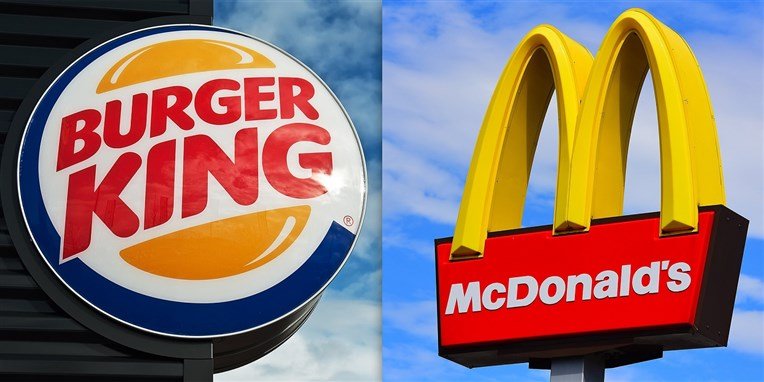Fast food chains have an image problem: the food is rich in fat and unhealthy, and the employees are dissatisfied. The Stiftung Warentest wanted to know whether the bad reputation is justified. The testers checked who served the best burger, where the salads were fresh and crisp, how many calories the menus contained – and what the working conditions of the employees were like.
In the test: McDonald’s, Burger King and Kochlöffel.
Burgers, French fries and salads are popular as quick fillers. The fast food giant McDonald’s alone claims to serve more than 2.7 million guests in Germany every day. What many customers like: they don’t have to wait long in a fast food restaurant. But so fast the food, so bad its reputation. The Stiftung Warentest has tested fast food menus from three providers. We placed our orders at McDonald’s, Burger King and the German supplier Kochlöffel. The result: the quick meals are not healthy. We also asked under what conditions the menus were created. Where do raw materials like beef and potatoes come from? And how are the employees treated?
Burger King offers the best taste
The menus in the test each consisted of a burger with beef patty, a medium portion of French fries with ketchup, a mixed salad with balsamic dressing and a cola drink. Burger King scores points in terms of taste, but has a problem with pollutants. After all, the testers did not find any mineral oil residues in any menu in the laboratory analysis, which could migrate from the printed packaging into French fries and burgers. The burgers also do not contain horse meat, as some might fear in view of the scandal last spring.
Acrylamide in all french fries
The testers found increased amounts of harmful glycidyl esters in the French fries of two suppliers. These pollutants are likely to cause cancer. Apparently both suppliers use oil blends that contain refined palm fat for deep-frying. It is known to be heavily loaded with glycidyl esters. The third fast food provider in the test dispenses with palm fat. The fries remain softer overall, but also contain significantly less glycidyl esters and unhealthy saturated fatty acids than those of the competition. All French fries in the test also contain small amounts of the pollutant acrylamide, which is probably carcinogenic and mutagenic. However, only one serving of French fries exceeds the applicable guideline value of the European Union in terms of acrylamide content.
Salad can also be heavy fare
If you don’t want to do without fast food, but at least a few calories, you can save on drinks. The 0.4 liter soft drinks in the test each contain around 170 kilocalories. The restaurants also offer juice spritzers and water. Water has no calories at all, 0.4 liters of apple spritzer have around 100 kilocalories. Even a supposedly light salad can turn out to be heavy food with a lot of dressing: In the end, a salad in the test contains an impressive 13 grams of fat.
Strict controls on beef
Only two providers answered our questions about working conditions and the origin of the raw materials. A company persistently remains silent. Those who commented ensure that the beef for the burgers and the potatoes for the French fries come mostly from Germany. Their suppliers strictly control the fast food providers according to their own statements. More would be possible with environmental protection.
The employees are under pressure
Fast food providers like to advertise with fair working conditions. You speak of team spirit and present yourself as a responsible employer. We wanted to know how the employees in the fast food restaurants are really doing and asked. During our search for clues, it became clear that the employees are often under pressure. You have a lot of tasks and little time. But the fear of losing your job is great. There are works councils only in a few branches.
Source: Test-de
